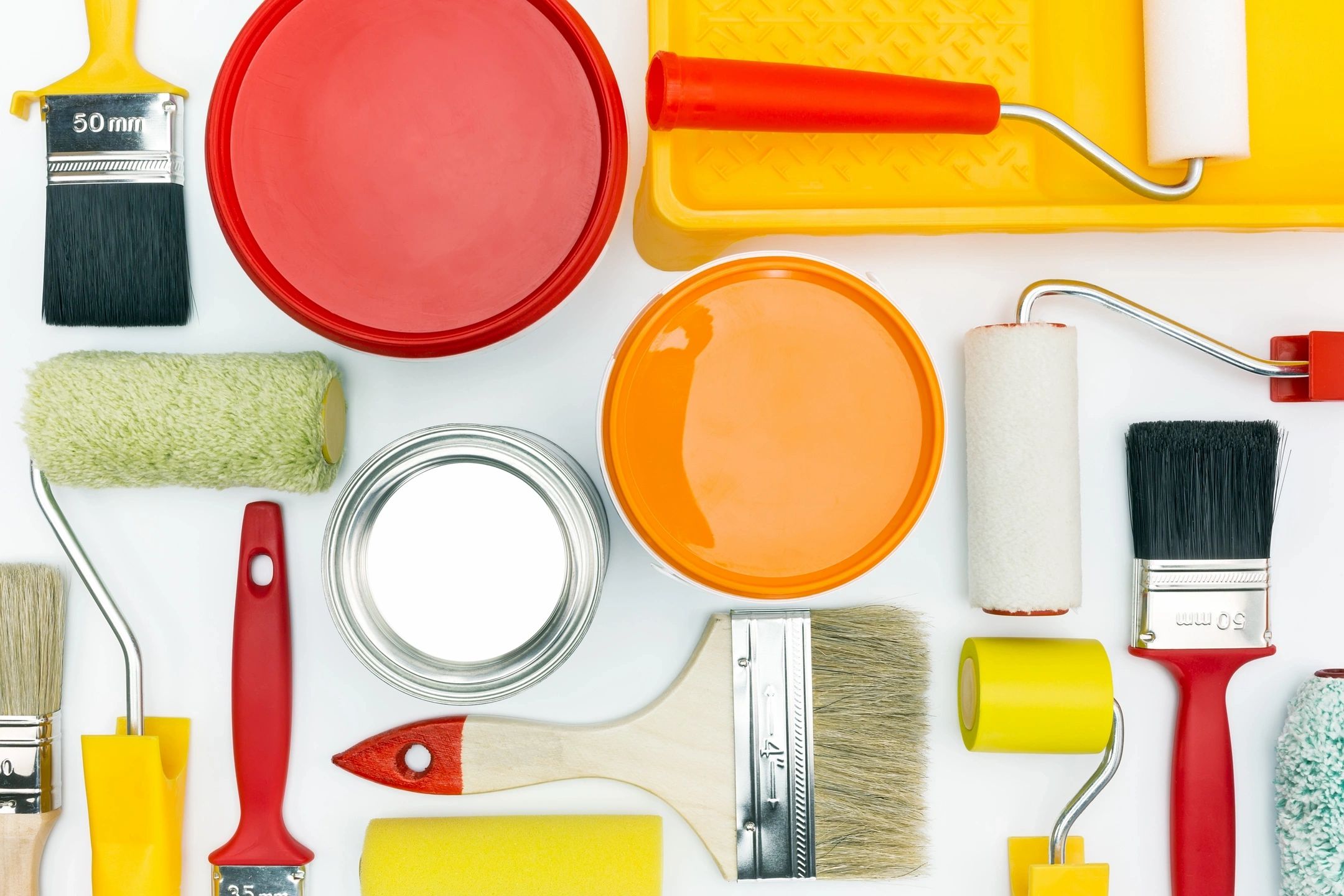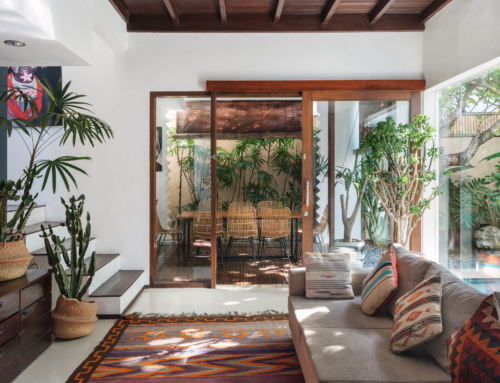Buying a fixer-upper can be a great way to get a house at a lower price, but it also comes with its own set of risks and challenges. In this post, we will explore the pros and cons of buying a fixer-upper, so you can make an informed decision.
Pros:
- Lower purchase price: One of the biggest benefits of buying a fixer-upper is the lower purchase price. If you’re willing to put in some work, you can often buy a home in need of repairs for less than you would pay for a move-in-ready home.
- Increased potential for equity: When you buy a fixer-upper, you have the opportunity to increase its value by making repairs and improvements. This means that if you do the work right, you could end up with a home that is worth significantly more than you paid for it.
- Customization: When you buy a move-in-ready home, you’re often stuck with the previous owner’s choices when it comes to finishes and layout. When you buy a fixer-upper, you have the opportunity to customize the home to your liking.
- Opportunity to learn new skills: If you’re handy and enjoy DIY projects, buying a fixer-upper can be a great way to learn new skills and gain valuable experience in home repairs and improvements.
Cons:
- Higher renovation costs: While buying a fixer-upper can save you money on the purchase price, it can also cost more in renovations and repairs. It’s important to get a thorough inspection of the home before you buy so you can accurately estimate the cost of repairs.
- Time-consuming: Renovating a fixer-upper can be a time-consuming process. You’ll need to spend time planning the renovations, hiring contractors, and overseeing the work. If you’re not prepared to invest a significant amount of time into the process, buying a fixer-upper may not be the best choice for you.
- Unknown surprises: When you buy a fixer-upper, you never know what you’re going to find once you start tearing down walls and pulling up flooring. Hidden problems like mold, water damage, and outdated electrical or plumbing systems can quickly add to the cost of renovations.
- Potential for financial loss: If you’re not experienced in home renovations, it’s easy to make mistakes that can end up costing you more money in the long run. You could also end up over-improving the home for the neighborhood, which means you won’t be able to recoup your investment when it comes time to sell.
In conclusion, buying a fixer-upper can be a great way to save money and customize a home to your liking. However, it’s important to carefully consider the risks and challenges before making a decision. If you’re up for the challenge and have the time and resources to invest in renovations, a fixer-upper can be a great investment. If you’re not prepared to take on the challenges, it may be better to buy a move-in-ready home instead.







